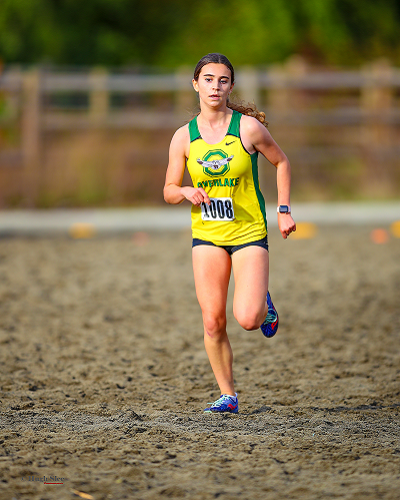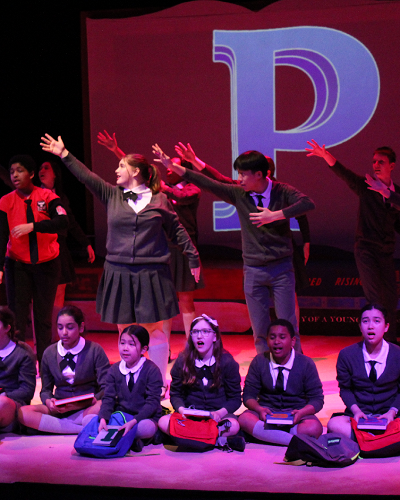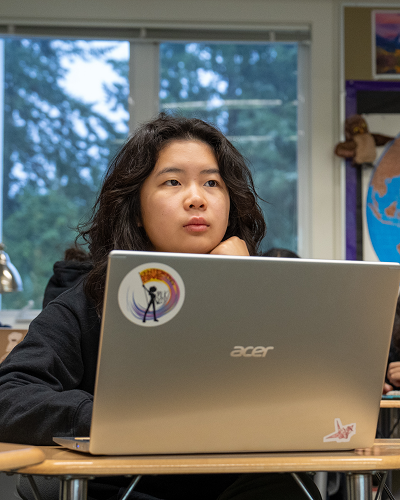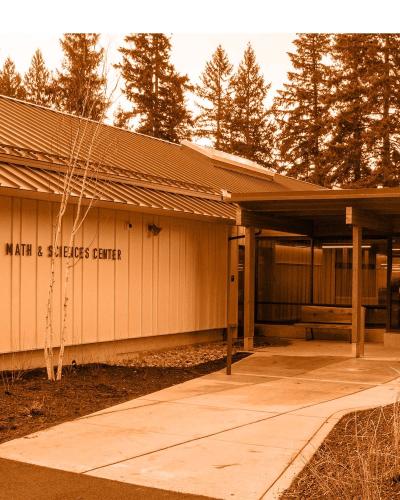Theory and Practice of Social Change
*for students in graduation classes of 2023-2024, you will receive 30 hours of community service towards your graduation requirment
This course will prepare students to be thoughtful and effective agents of change within organizations and communities. Through theoretical foundations, skill building, and practical application of social change theory in community settings, students will explore the following questions:
-
What is the history of the non-profit sector in the United States, and how has that history shaped social change work today? What are the limitations of non-profit organizations in the advancement of justice?
-
Besides the non-profit sector, in what other contexts do social change movements operate? What strategies do movements employ and to what effect?
-
How do my social identities and personal narratives impact my perspectives, realities, and worldviews? How do they impact my role in social change work?
Students will navigate these questions by learning from legacies of social change-makers, collaborating with community-based groups/organizations, engaging in dialogue with each other, and developing a reflexive practice (attending to the cultural, political, social, and ideological origins of one’s own perspective and voice).
Students will be required to participate in a two-day community engagement field trip during school hours, TBD days in January, 2024, followed by deeper engagement with one organization throughout the semester. This course both uses and questions best practices in “service-learning,” including identifying issues of reciprocity, cultural humility, power relationships, and links to classroom learning. Students will demonstrate skills and habits of reflection through observation, critical analysis, writing, and engaging with others in supportive discourse. Students will engage with a diversity of texts and experts in the social change field, examine community opportunities and solutions of personal relevance, and reflect on their own past and present experiences of social change within various spheres of life, including families, neighborhoods, communities, schools, and other systems.




